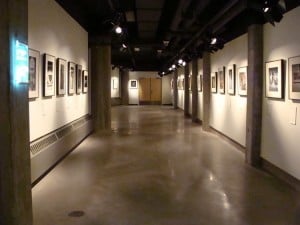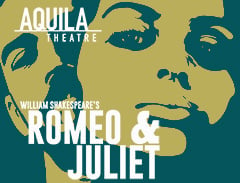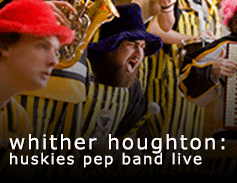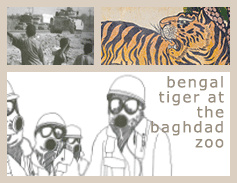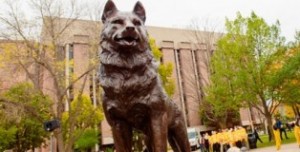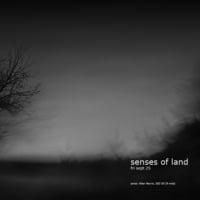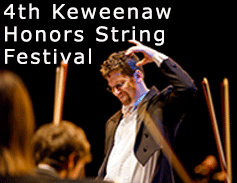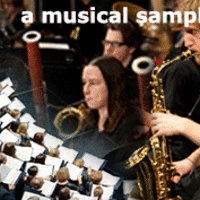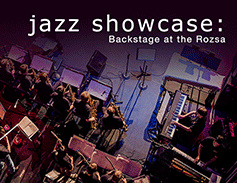 “Backstage at the Rozsa” opens its doors to the groovin’ sounds of big band jazz this weekend. The Rozsa stage becomes a pop-up jazz club, and the intimate club atmosphere is a perfect setting for Michigan Tech’s Research and Development Big Band and the Jazz Lab Band to loosen the reins on creativity and capture the flow of jazz.
“Backstage at the Rozsa” opens its doors to the groovin’ sounds of big band jazz this weekend. The Rozsa stage becomes a pop-up jazz club, and the intimate club atmosphere is a perfect setting for Michigan Tech’s Research and Development Big Band and the Jazz Lab Band to loosen the reins on creativity and capture the flow of jazz.
Join Jazz Studies Program Director Mike Irish and the Michigan Tech jazz ensembles for Jazz Showcase: “Backstage at the Rozsa” at 7:30 p.m. Friday, October 30, and Saturday, October 31, in the Rozsa Center. Visit online for more information or tickets.
From Tech Today, by Rozsa Center.
Backstage Jazz Returns to Rozsa Oct. 30, 31
According to Irish, “Jazz was born in the tonks and joints of Storyville in New Orleans and has always found a home in the small but lively entertainment venues throughout the world: the ‘speakeasies’ of Chicago, the Savoy Ballroom in Harlem, the Roseland Ballroom in Manhattan, Minton’s Playhouse in Harlem, Birdland in New York, Ronnie Scott’s in London, the Town Tavern in Toronto, the A – Trane in Berlin, the Shaft in Istanbul, the Blue Note and Vanguard in New York — and the Orpheum in Hancock, Michigan. Jazz is now enjoyed and practiced all over the world and is one of America’s greatest cultural exports. So sit back, and immerse yourself in the music! In the words of jazz legend Art Blakey, ‘Jazz washes away the dust of everyday life.'”

